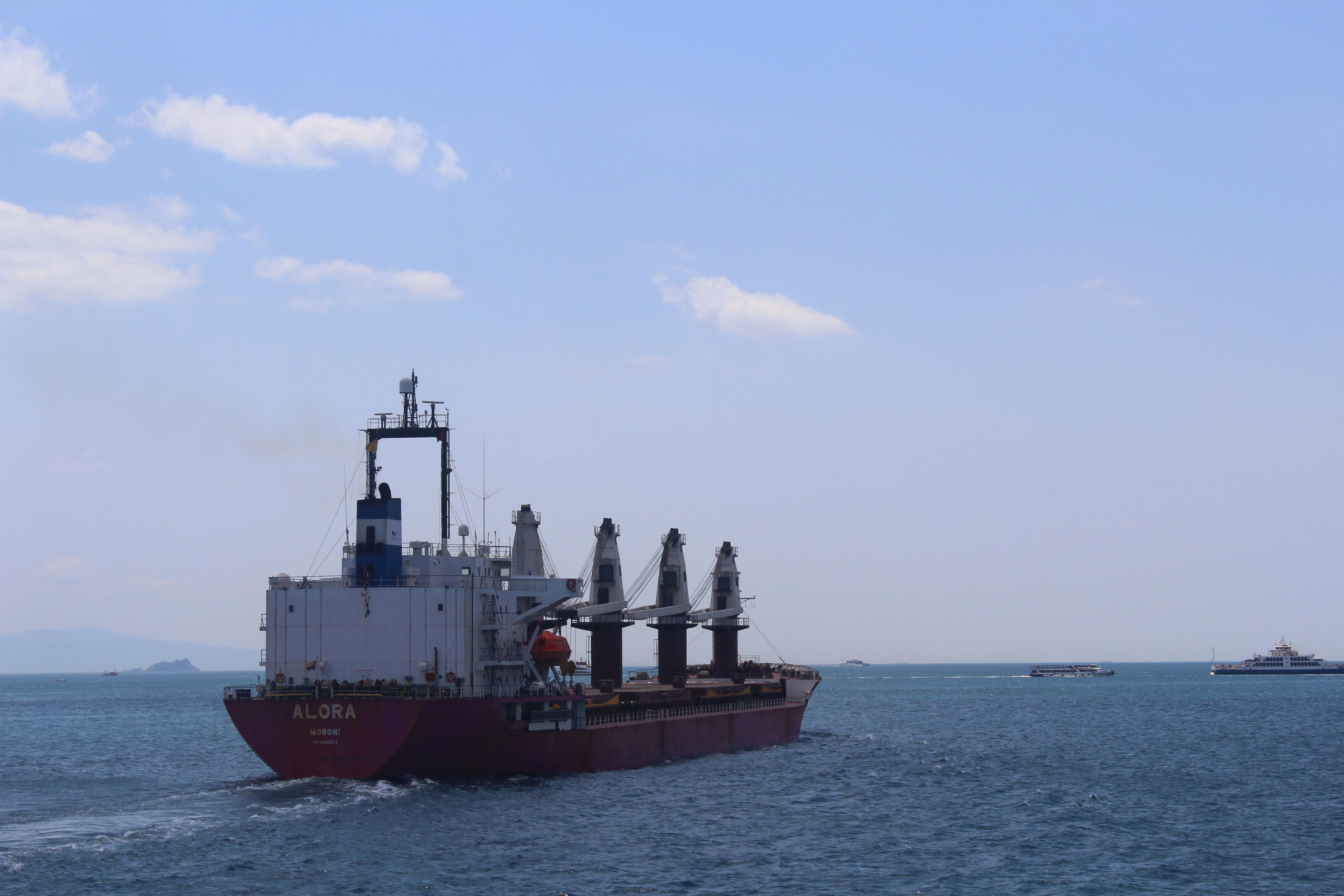One of London International Shipping Week’s more enjoyable exchanges occurred when DNV’s maritime CEO and the IMO’s Secretary General met on stage to comedic effect.
Knut Ørbeck-Nilssen hosted Arsenio Dominguez on stage in what was billed as a fireside chat, but was, at times, more Laurel and Hardy than the serious business of decarbonising shipping.
All the banter, however, cannot hide the divisions facing the IMO and as its October extraordinary meeting approaches with more detailed decisions set to be agreed on.
A key sticking point will be the treatment of LNG within the regulation. When the chat did broach the subject at hand Dominguez was steadfast in his view that the IMO’s net Zero Framework (NZF) will be adopted at the IMO’s extraordinary meeting next month.
“I don’t know why we have to look at what happened in April in a negative way,” responded Dominguez to a question on whether the NZF will be adopted, “There is consensus to move forward, there are disagreements in some areas, and we have those member states that have agreed to the compromise approach, if I can put it that way, on the understanding that there is further work to do that this is not something that is going to happen overnight.”
The IMO Secretary General was upbeat, arguing that there is nothing negative about voting, “We give everyone the opportunity to express their opinion, to raise their concerns,” said Dominguez.
He went on to point out that IMO operates largely on a consensus basis, and that voting is another mechanism that the body uses to achieve its goals.
“I will always campaign that, of course, we don’t reach that point, But I respect that if member states want to have very clear, specific decisions on certain topics, and that means using some of the articles of the conventions, they have the right to do so. I’m still confident that we will continue to move forward next October,” Dominguez said.
Nevertheless, concerns within the industry remain that the LNG rules may be relaxed, watering down the NZF, while others, notably ABS and DNV, who believe that the NZF is too stringent on the only available alternative fuel.
Both ABS and DNV are headquartered in countries where LNG is a potential export, a point that one senior industry figure believes is clearly important.
Another industry figure, who plays an advisory role to policy makers said they thought that the process had moved too far down the line to be changed now.
“All the figures and details were agreed in April that was their chance to discuss the changes, I think if there is any attempt to make changes now the whole process could collapse and the industry would be left with a patchwork of unilateral regulations,” she said.
Many in the industry have repeatedly said such a situation would be the worst of all possible regulatory outcomes.





